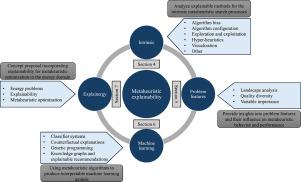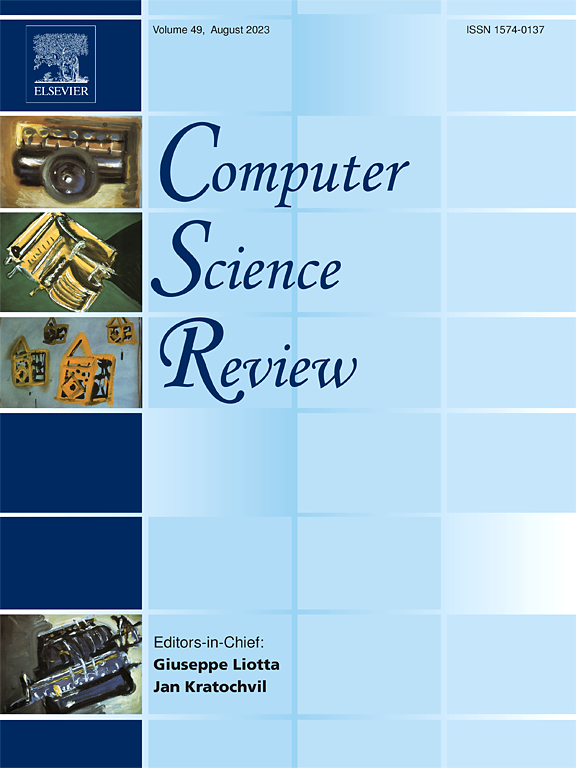优化计算智能中可解释性的系统综述
IF 12.7
1区 计算机科学
Q1 COMPUTER SCIENCE, INFORMATION SYSTEMS
引用次数: 0
摘要
本系统综述探讨了优化计算智能方法中可解释性的需求,如元启发式优化器,包括进化算法和群体智能。本研究主要集中在四个方面:(1)可解释AI (Explainable AI, XAI)方法对解释元启发式绩效的贡献;(2)问题特征对搜索行为和可解释性的影响;(3)数学理论在提供透明解释方面的作用;(4)元启发式增强机器学习(ML)等人工智能模型可解释性的潜力。诸如SHAP、LIME和可视化技术等XAI方法为元启发式性能提供了有价值的见解,而景观分析和质量多样性方法则揭示了算法在不同问题景观中的性能。本文还探讨了元启发式算法如何增强机器学习模型的可解释性,将黑箱模型转变为更透明的系统。接下来,他们提出了“Explainergy”,这是一个将可解释性整合到能量域中的元启发式算法中的新概念,提高了优化模型的透明度和可用性。这一综述为未来将可解释性与进化计算和元启发式优化相结合的研究奠定了基础,以解决包括能源系统在内的不同领域的现实挑战。本文章由计算机程序翻译,如有差异,请以英文原文为准。

A systematic review of explainability in computational intelligence for optimization
This systematic review explores the need for explainability in computational intelligence methods for optimization, such as metaheuristic optimizers, including evolutionary algorithms and swarm intelligence. The work focuses on four aspects: (1) the contribution of Explainable AI (XAI) methods to interpreting metaheuristic performance; (2) the influence of problem features on search behavior and explainability; (3) the role of mathematical theory in providing transparent explanations; and (4) the potential of metaheuristics to enhance the explainability of AI models, such as machine learning (ML). XAI methods such as SHAP, LIME, and visualization techniques provide valuable insights into metaheuristic performance, while landscape analysis and quality diversity approaches reveal algorithm performance across different problem landscapes. The review also explores how metaheuristic algorithms can enhance the interpretability of ML models, turning black-box models into more transparent systems. The work moves on to proposing ”Explainergy,” a novel concept for integrating explainability into metaheuristic algorithms within the energy domain, enhancing the transparency and usability of optimization models.
This review is a foundation for future research combining explainability with evolutionary computation and metaheuristic optimization to address real-world challenges in diverse fields, including energy systems.
求助全文
通过发布文献求助,成功后即可免费获取论文全文。
去求助
来源期刊

Computer Science Review
Computer Science-General Computer Science
CiteScore
32.70
自引率
0.00%
发文量
26
审稿时长
51 days
期刊介绍:
Computer Science Review, a publication dedicated to research surveys and expository overviews of open problems in computer science, targets a broad audience within the field seeking comprehensive insights into the latest developments. The journal welcomes articles from various fields as long as their content impacts the advancement of computer science. In particular, articles that review the application of well-known Computer Science methods to other areas are in scope only if these articles advance the fundamental understanding of those methods.
 求助内容:
求助内容: 应助结果提醒方式:
应助结果提醒方式:


